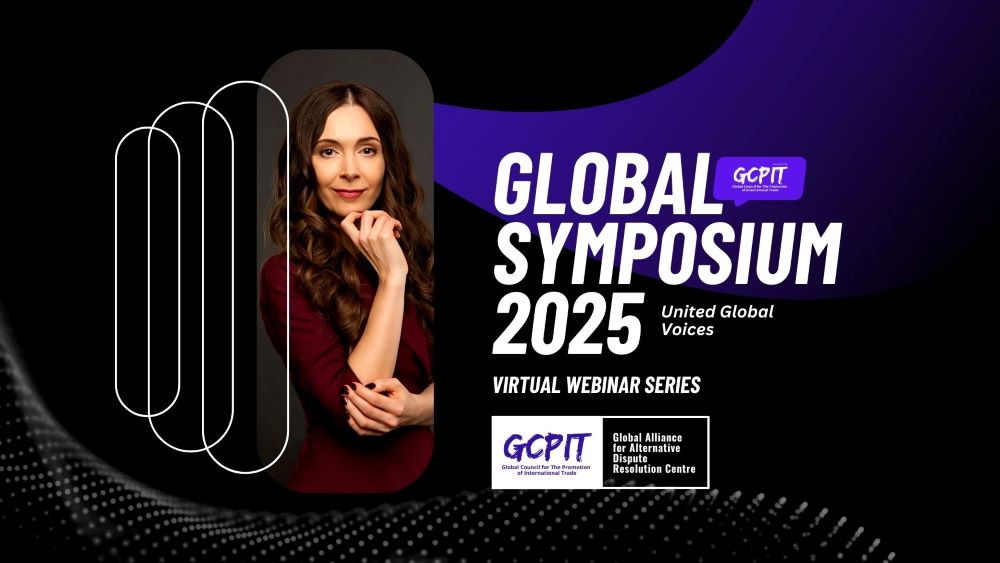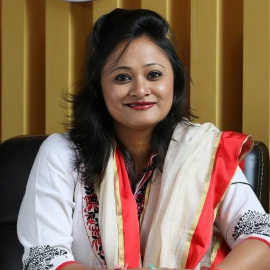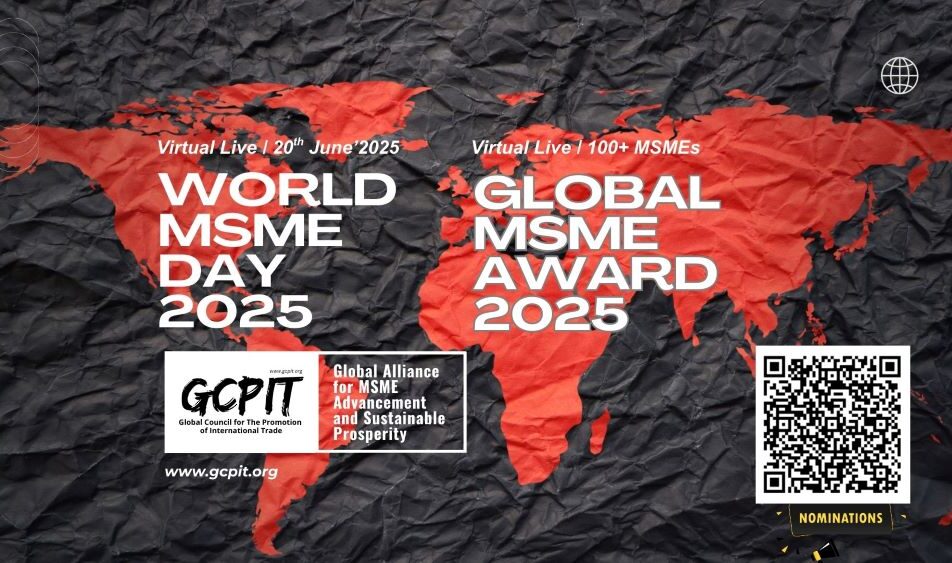
The Global Symposium 2025 is a flagship initiative by the Global Council for the Promotion of International Trade (GCPIT), designed to foster meaningful dialogue and collaboration across diverse industry verticals. This forward-looking platform hosts a series of webinars, uniting global thought leaders, industry experts, policymakers, and innovators to share insights, trends, and strategies shaping the future of business, technology, and sustainable development. By addressing critical topics spanning emerging technologies, trade, sustainability, and innovation, the symposium aims to capture valuable perspectives that can empower industries to navigate challenges and seize opportunities in an increasingly interconnected world. Through these dynamic virtual sessions, GCPIT reinforces its commitment to promoting international trade, fostering innovation, and building a more sustainable and inclusive global economy.
The future of Alternative Dispute Resolution (ADR) is unfolding rapidly, driven by technological advancements and the evolving needs of a globalized world. Join us at the Global Symposium 2025 as we delve into the transformative trends redefining ADR. This premier event will bring together leading minds from across the globe – industry leaders, innovators, and visionaries – to share their insights and expertise on the critical challenges and opportunities shaping the future of ADR, including the evolving role of ADR Centers in a rapidly changing landscape. Together, we will explore how ADR can continue to provide efficient, accessible, and equitable solutions to disputes worldwide.
Event Highlights
- The Impact of Artificial Intelligence on International Trade and ADR
Akasha Rose, Member of the Chartered Institute of Arbitrators (CIArb) - Digital ADR: Trends and Innovations
Prity Khastgir, Director, Tech Corp International Strategist - Enhanching and promoting use of ADR in corporates
Ajay Sharma, Chief Legal Advisor at CorpoTech Legal
This symposium will explore critical areas, including International Trade & Investment Disputes, Sector-Specific ADR Challenges, Emerging Trends like AI and Online Dispute Resolution, and enhancing Access to Justice. These discussions will inform the development of agile and resilient ADR Centers.
Join us to gain valuable insights from legal experts on navigating the evolving ADR landscape and contribute to a more effective and accessible dispute resolution system for the future.
Global Alliance for Alternative Dispute Resolution Centre (GAADRC) is a coalition of alternative dispute resolution centre that have joined forces to promote global trade and delivering excellence worldwide other than resolution by courts. Propagate, promote and popularize the settlement of domestic and international disputes by different modes of ADR. Promote reform in the system of settlement of disputes and its healthy development within the frame-work of the social and economic needs of the community. Establish, facilitate and provide administrative and other support services for holding conciliation, mediation and arbitration proceedings. Promoting social cohesion amongst practitioners and non-practitioners in the Alternative Dispute Resolution (“ADR”) field; and promoting education and research.






